Honorary consul of Mozambique in Munich pledges support for Namiteca school rehabilitation during ...
Armed conflict and pandemic limit human rights in Mozambique – analysts
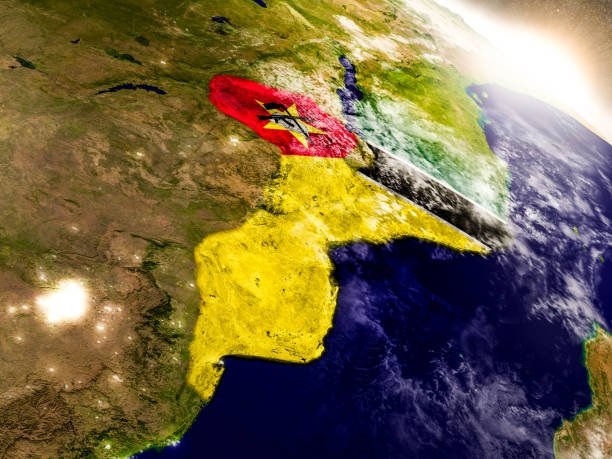
in fie CoM
Mozambican analysts on Tuesday said that armed conflicts in the centre and north of the country, together with Covid-19, had created conditions for the limiting of human rights, advocating a collective commitment to the restoration of peace.
The exercise of basic rights in Mozambique was the subject of debate in a webinar on the “Opening of the Political Year 2021: Review of the 2020 Political Year and prospects for 2021”, promoted by the Institute for Multiparty Democracy (IMD), a Mozambican civil society organisation.
Egna Sidumo, a researcher at the Centre for Strategic and International Studies in the Joaquim Chissano University, said that the rights of those living in districts plagued by the action of armed groups in the northern province of Cabo Delgado had been systematically violated by the increase of violence in the region.
“The widening of the range of action of armed groups has resulted in forced displacement of populations from the districts affected by the violence,” Sidumo said, adding that the conflict left hundreds of thousands of people dependent on humanitarian assistance and in a situation of great vulnerability.
Sidumo, a university professor, also pointed to the impact of Covid-19 and measures to contain the spread of the disease as further limiting factors for basic rights. “The imposition of restrictions resulting from the impact of the Covid-19 created space for the limitation of freedoms,” she emphasised.
Fernando Lima, journalist and media manager, criticised “the hate speech” that emerged from the war in Cabo Delgado, noting that “the journalists and the media” covering the conflict have been the target of intolerance on the part of sectors linked to the government.
“There is dangerous manipulation against journalists who speak about the war in Cabo Delgado, a manipulation that aims to imply that journalists are in favour of the action of armed groups that carry out beheadings in the region,” Lima said.
The Covid-19 pandemic, he continued, had uncovered weaknesses in Mozambique’s infrastructure, highlighting the inability of both the National Health System and private medical care to respond to emergencies such as the one imposed by the new coronavirus.
“This great catastrophe has exposed our shortcomings,” he said.
For his part, the IMD’s Dércio Alfazema said that the Covid-19 had impacted the quality of Mozambican democracy by limiting the participation of citizens in the country’s political life, as well as the activities of its political parties.
“Important meetings of the main parties did not take place in 2020 because of Covid-19, and democracy suffered because of that,” said Alfazema.
António Chiziane, a lawyer and professor at the Eduardo Mondlane University (UEM), highlighted the fall of Mozambique in international democracy indices as a worrying sign.
“The 2021 corruption and press freedom indices show a decline in Mozambique, and this is a worrying setback,” Chiziane said.
Armed violence in Cabo Delgado, where Africa’s largest private multinational investment is taking place, for the exploitation of natural gas, is causing a humanitarian crisis with more than 2,000 deaths and 670,000 displaced.
The violence started in 2017. Post-2019, some of the raids were claimed by the ‘jihadist’ Islamic State group, but the true purpose of the attacks remains a matter of speculation.
In the centre of the country, armed attacks by the Junta Militar, a Mozambican National Resistance (Renamo) splinter group, has since August 2018 caused the death of more than 20 people and forced the departure of many others from their homes.
By Wednesday, Mozambique had reported 668 Covid-19 deaths among its 60.395 registered cases, 72.8%% of whom were said to have fully recovered. Therefore country currently has 15.721 active cases of the virus.


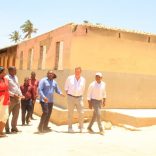
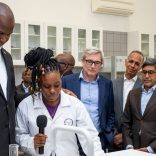
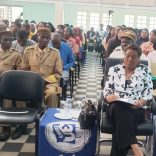
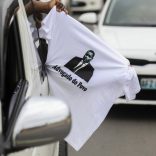
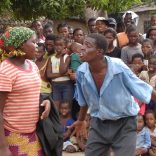





Leave a Reply
Be the First to Comment!
You must be logged in to post a comment.
You must be logged in to post a comment.